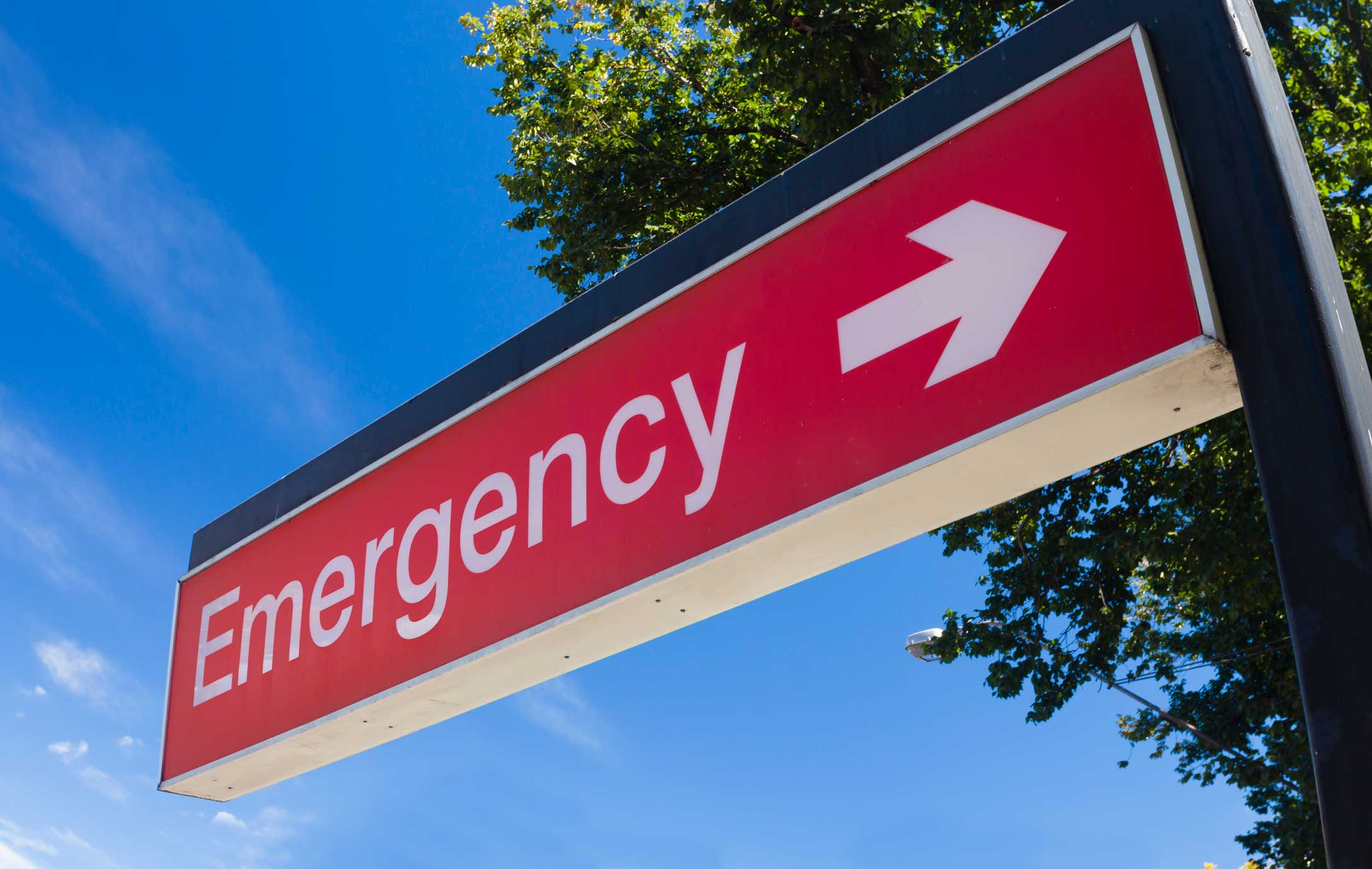Staying home amid the COVID-19 pandemic was universally urged to protect people from exposure to a potentially lethal infection, but, in the process, too many people ignored serious medical issues that should have sent them to their provider or an emergency room.
Nationally, many patients with serious and chronic conditions like diabetes, heart disease and extreme gastrointestinal pain have been managing symptoms at home instead of seeking medical attention for fear of catching COVID-19. Still others have postponed preventative care that could increase their risk of problems in the future.
Dr. Kenneth Robinson, chief of the Hartford Hospital Department of Emergency Medicine, said the volume of patients seeking emergency care for non-COVID issues is down one-third in April and so far in May over the same time last year. A survey by Emergencyphysicians.org found that almost one-third of adults admitted to delaying or avoiding emergency care even though they needed it.
A separate survey by the University of Chicago showed that elderly Americans are more likely to avoid hospitals even when they need emergency care or critical medical treatment. About 55 percent of adults over the age of 70 reported disrupting care during the pandemic.
The wait is unnecessary and potentially dangerous, Dr. Robinson said.
“For most people, suffering a stroke, heart attack or diabetic ketoacidosis is worse than having COVID-19,” he said.
He said you should seek medical care right away if you have any of the following symptoms:
- Chest pain.
- Fainting, sudden dizziness or weakness.
- Loss of consciousness.
- Changes in vision.
- Trouble walking.
- Suicidal thoughts and feelings.
- Severe shortness of breath.
- Severe and sudden onset of pain.
- Coughing up or vomiting blood.
- Head injury.
- Major bone break.
Virtual health has been available throughout the pandemic at Hartford HealthCare (HHC), connecting patients via video chat with their primary care, behavioral health or specialty care providers. But, in an emergency, Dr. Robinson said patients should feel comfortable coming into Hartford HealthCare’s nine safe and convenient emergency departments, which are open 24 hours a day, seven days a week. Go to hartfordhealthcare.org for a list of locations and average wait times.
All HHC emergency departments have instituted extra precautions to protect people against COVID-19. One key step separates people coming in for non-COVID concerns with those suspected of having the virus in a process called “forward triage.” Incoming patients are screened outside of the emergency room and those suspected of having COVID-19 are treated separately.
“We do everything possible to keep non-COVID suspected patients away from COVID-suspected patients,” Dr. Robinson said. “We have designated special processes and specific areas in the Emergency Department for each.”
Delaying care for emergent situations – whether people are downplaying their symptoms or trying to manage them on their own at home – can lead to serious and even life-threatening complications, Dr. Robinson noted. In the case of a heart attack, waiting can leave the patient with irreparable damage to the heart muscle or dead. The effects of stroke can often be reversed if treated quickly. People who wait to seek care can experience lasting weakness or paralysis.
“We are here to help people, and the emergency department is safe. No one should avoid coming in when they’re experiencing an emergency situation,” Dr. Robinson said.
If you have chronic conditions such as heart disease or diabetes, he suggested staying in touch with your specialty care provider regularly, especially if you experience symptoms like chest pain, shortness of breath or excess fatigue. Call 911 if you are having symptoms of a heart attack or stroke.
Need to see your doctor? New Patient? For more information about Hartford HealthCare virtual health visits, click here.
Click here to schedule a virtual visit with a Hartford HealthCare-GoHealth Urgent care doctor.
Stay with Hartford HealthCare for everything you need to know about the coronavirus threat. Click here for information updated daily.
Questions? Call our 24-hour hotline (860.972.8100 or, toll-free, 833.621.0600).
Get text alerts by texting 31996 with COVID19 in the message field.

